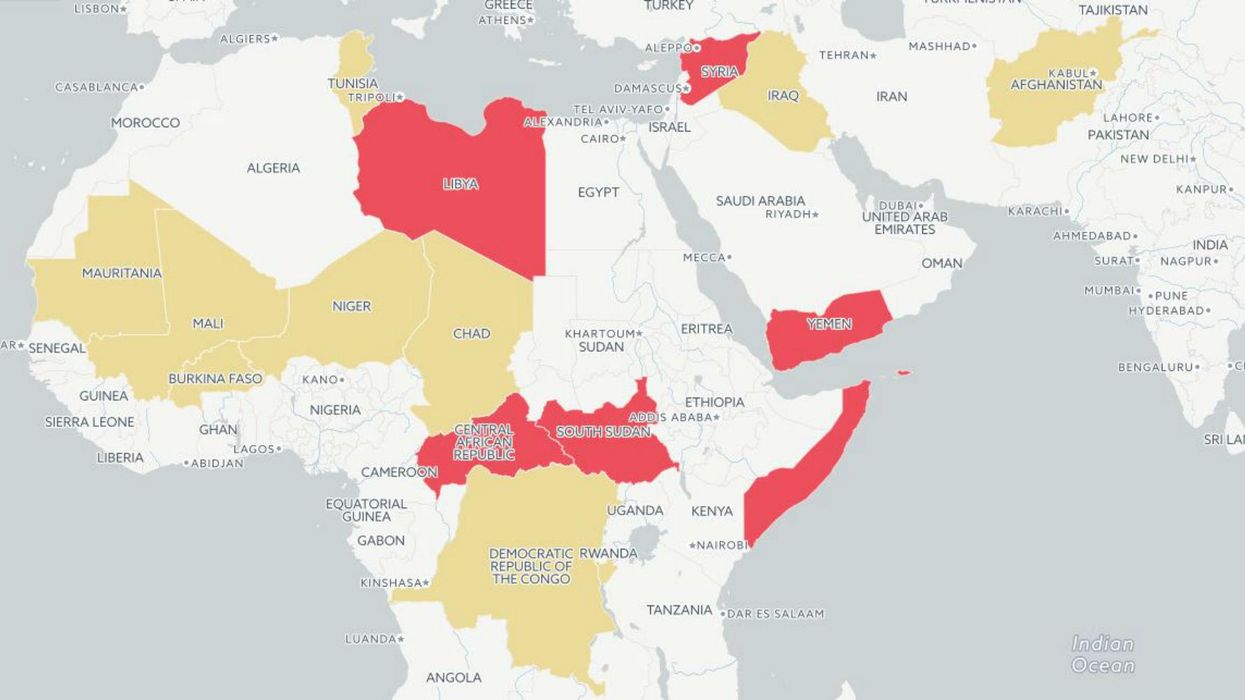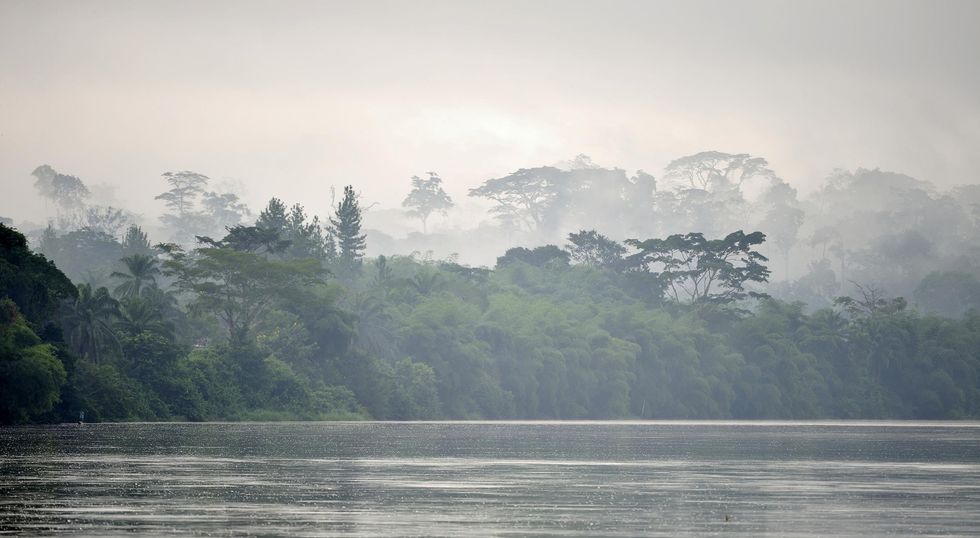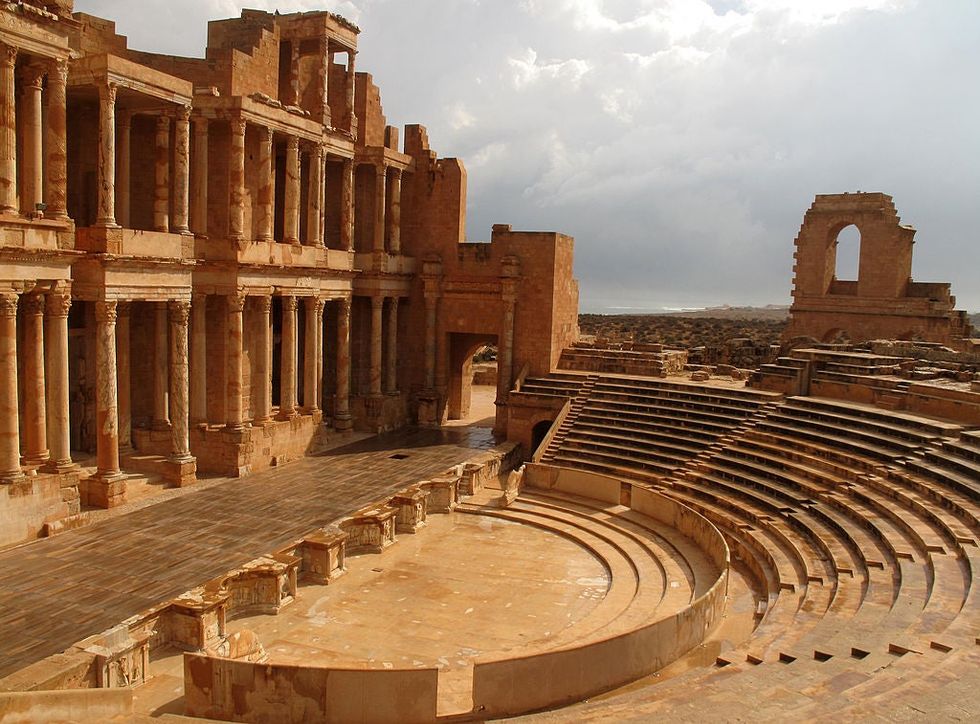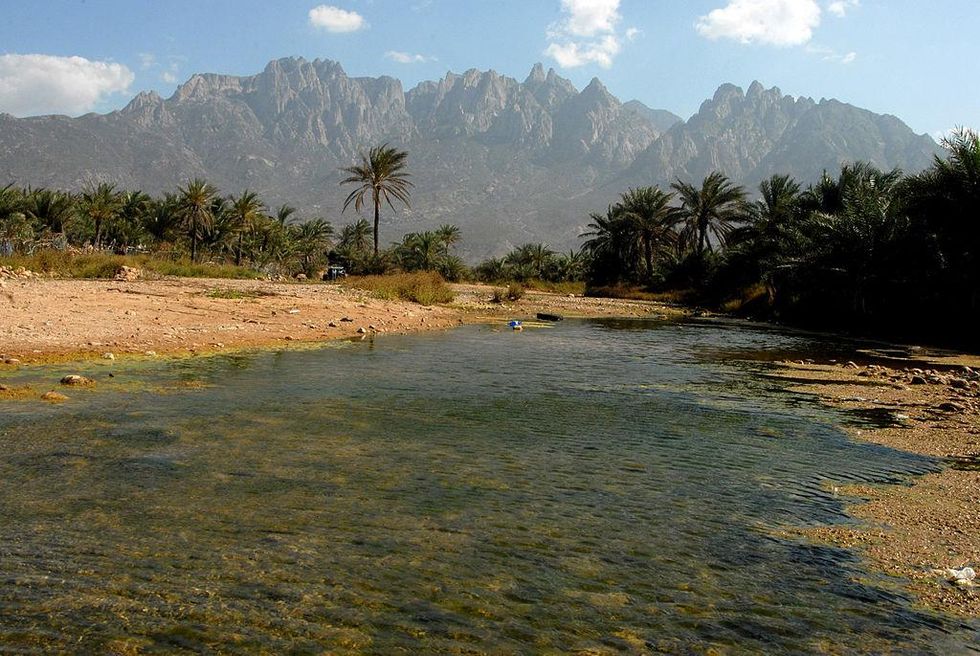News
Joe Vesey-Byrne
Jul 19, 2017

Picture:
indy100/CARTO
There are only sixteen countries where the Foreign and Commonwealth Office advises against all travel or travel to certain dangerous areas.
The British government advises against 'all but essential' travel to a further 40 places on earth.
Here are the more dangerous 16:
If you are unable to see the map, click here.
The FCO advises that UK nationals completely avoid these six, and advises nationals living there to make arrangements to get out as soon as possible.
- Central African Republic
- Libya
- Somalia
- South Sudan
- Syria
- Yemen
Each of these six countries contain some amazing heritage sites, culture, cuisine, and stunning scenery - but the safety of travellers always comes first.
Sangha Trinational, Central African Republic

Sabratha, Libya

Socrata Archipelago, Yemen

All information from the FCO is up to date as of the time of publication.
For details about travel to specific countries, visit the FCO travel advice website.
More: These aerial photos show the terrifying devastation in Mosul
Top 100
The Conversation (0)













